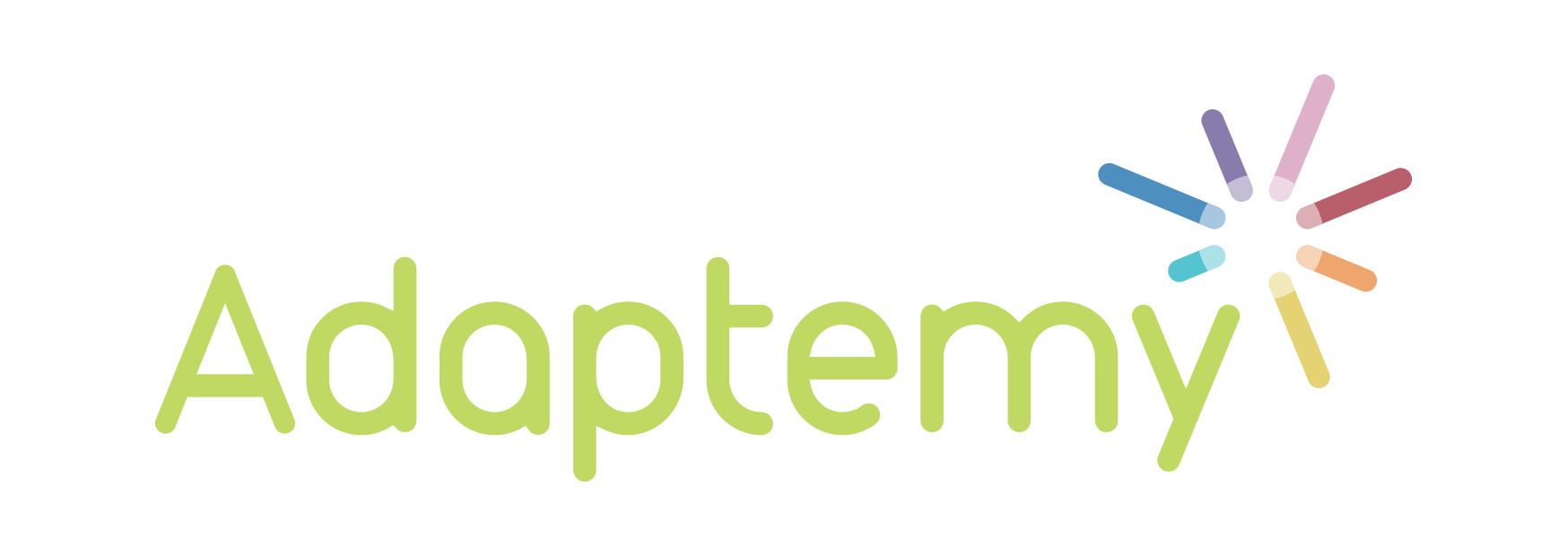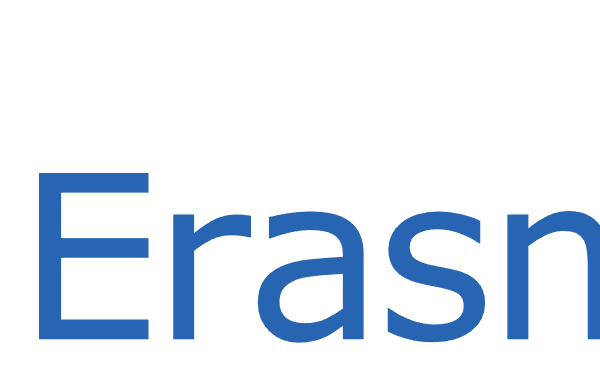
Humble Beginnings…
What began life as a small value-add to our existing Adaptive Learning System (ALS) has fast become one of our most popular products (whether it’s standalone or integrated with the ALS). I’m talking about Adaptemy’s AI Tutor: The Virtual Subject Expert™
Our Virtual Subject Experts are designed to deliver context-aware, personalized support, transforming how institutions and organizations approach education and training.
“I’ve been teaching this subject for 25 years, I honestly don’t think even my best graduates would answer as well” – Head of Nursing, Hibernia College
Point-of-Need Remediation
In today’s fast-paced learning environments, students increasingly expect immediate, point-of-need remediation. Sometimes, they don’t want to navigate through an entire lesson or wait for scheduled feedback—they simply have a question and need an accurate, helpful answer right then and there. Adaptemy’s RAG-trained AI tutors meet this need perfectly, providing instant, context-aware responses that keep learners engaged and on track.
This powerful capability complements and enhances the personalized courseware recommendations already delivered by our Adaptive Learning System, ensuring that each learner receives both strategic guidance and tactical, real-time support whenever they need it most.
Peace of Mind: The RAG Approach
Retrieval Augmented Generation (or RAG) is a process which combines the strengths of large language models with real-time data retrieval from specific knowledge sources: Your course content.
This allows our VSE to synthesise the best of both worlds:
- Leveraging the impressive power of Large Language Models to create natrualistic and conversational interactions.
- Ensure the VSE only provides responses trained in your high-quality and reliable content.
In practice this means that the VSE does not hallucinate or return answers which are “Wikipedia+ quality”. Instead, they are directly and traceably informed by the content (or ‘corpus’) you provide us.
Key Advantages: What Customers are Telling Us…
Different learning providers have different priorities of course, but these are some of the reasons our customers are rolling out VSE’s accross their organisations:
1. More Time for Better Quality Instruction
The VSE upstreams the most common questions that learners have in realtime 24/7. This massively reduces the time that educators spend dealing with individual queries to unblock learning, freeing them up to focus the higher value interactions they crave with learners.
2. Seamless Integration
The VSE integrates seemlessly with existing LMS and LXP’s. This is appealing for organisations who are taking their first step into integrating AI and don’t want the trouble a disruptive and complex implementation process: They just want something that can be plugged into their current setup that will make a big impact without a big headache.
3. Auditability
Every interaction a learner has with the tutor is logged, ensuring auditability and accountability for the organisation. These anonymised logs also serve another purpose: Adaptemy applie’s Machine Learning techniques to the interactions to gain new insights about where learner’s are struggling and how the systems and courses we help our partners build can be improved.
4. Personalized Learning Recommendations
If the VSE detects that a learner is struggling, we can recommend where in the course materials they can look to learn more. These recomendations are highly targetted. Because of the RAG process (above) we can laser-focus these recommendations: We can identify the specific Topic, Section and even Paragraph they should focus on.
5. Continuous Improvement
Our AI solutions evolve with your organization. As new content is added and user interactions increase, the system learns and adapts, continually enhancing its effectiveness and relevance. We stay at the edge of this evolving technology so you can focus on what’s important to your business.
Configurability
The range of different configuration options available to partners is too long to list in this post, so I’ll focus on some of my favourites:
1. Pedagogial Approach
The VSE can be reflect your pedagogy. Do you prefer a more Socratic Question Approach (Constructivist / Inquiry-Based / Dialogic Learning) or a straightforward Reference Approach (Instructivist / Direct Instruction / Transmission Model).
2. Your Voice
One of the latest updates we have made allows customers to provide their own styleguides and glossaries. This makes the tutor feel like a product that reflect’s your organisation. Another aspect of this, of course, is linguistic consistency: Because the AI retrieves information directly from your course materials and policy documents, it uses the exact same language, terminology, and phrasing that students encounter outside of the VSE. This eliminates confusion that can arise when generic AI systems like ChatGPT introduce non-standard synonyms or unfamiliar expressions. As a result, learners experience a seamless, authentic interaction that “feels like” they are speaking directly with their course leader or instructor, strengthening trust, clarity, and learning momentum.
3. Out of Bounds
The VSE is highly constrained to only return high quality answers based on your content where a high bar is set for confidence. (This is one of the reasons that students are disappointed our VSE won’t tell them the real identity of Batman or how their favourite TV show will end).
Some partners prefer to allow us to return responses from ‘the web’ and this is a configurable option for the VSE (Although truth-be-told the response typically comes with a ! disclaimer to indicate it could be less than 100% accurate.)
4. Creating a Host of Different Experiences
The VSE can deliver a range of different kinds of experiences for partners. Two of my favourites:
Conversational Practice: Language Learning
We can train the VSE on a specific part of a course and create conversational experiences focussing on the key theme or vocabulary being taught. In this use case, a student can ‘Have a conversation in French with a salesperson in a Clothes Store’. At the end of the conversation, the student will be graded against a rubric for the specified vocabulary and grammar for this specific lesson.
Think / Pair / Share
For a recent research project we created a new interaction type encouraging learner’s to reflect on their knowledge to foster metacognition. The student ‘pairs’ with the VSE to identify their strengths in the course, reflect on the weaker areas and co-design a plan to improve their learning.
*Bonus Points*
One of the huge unintended benefits of creating Virtual Subject Experts for your courses is that the RAG process required for VSE’s is the same process needed for Generative AI Tasks
Once we have trained our system on your content, it’s a simple next step to deliver new content to expand the scope of your courses: Formative Assessment Questions, Differentiated versions of existing material, New digital interactivities… all at your fingertips.
But that is a topic for another day!
Adaptemy’s Virtual Subject Expert





